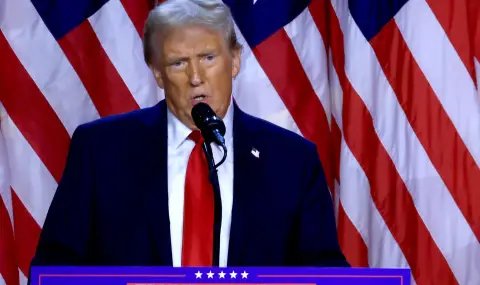With his new election as President of the United States, Donald Trump not only regains his seat in the White House, but also finds himself in a position that could have significant implications for the course of the ongoing legal cases against him . Trump already faces serious criminal proceedings, including allegations of mishandling classified documents and attempting to manipulate the 2020 election, BBC reports.
During his first term, he was indicted in two federal cases — one related to interference in the 2020 election, and the second — to store classified documents at his Mar-a-Lago estate.
At the same time, other proceedings are pending in state courts in Manhattan and Georgia, including charges of falsifying business documents and interfering with the election process.
Regardless of these accusations, Trump's popularity among Republicans has not suffered as expected. Contrary to the opinion of Democrats, who believed that the lawsuits would weaken support for the former president, these trials failed to undermine his political power.
As president, Trump will be in a position to influence these lawsuits.
As head of the executive branch, he can appoint a new attorney general and even demand that the Justice Department drop investigations against him.
Although the Georgia and Manhattan cases are outside the executive branch's jurisdiction, experts say it will be difficult for them to proceed if Trump is reinstated.
The possibility of him using presidential immunity and requesting a pardon for himself is also not excluded. If he decides to take this risk, he may face legal obstacles and even challenge the decision in the courts.
Trials against Trump are becoming increasingly complex and convoluted, and legal experts predict that with his re-election, he will be able to use his powers to change the outcome of these cases.
